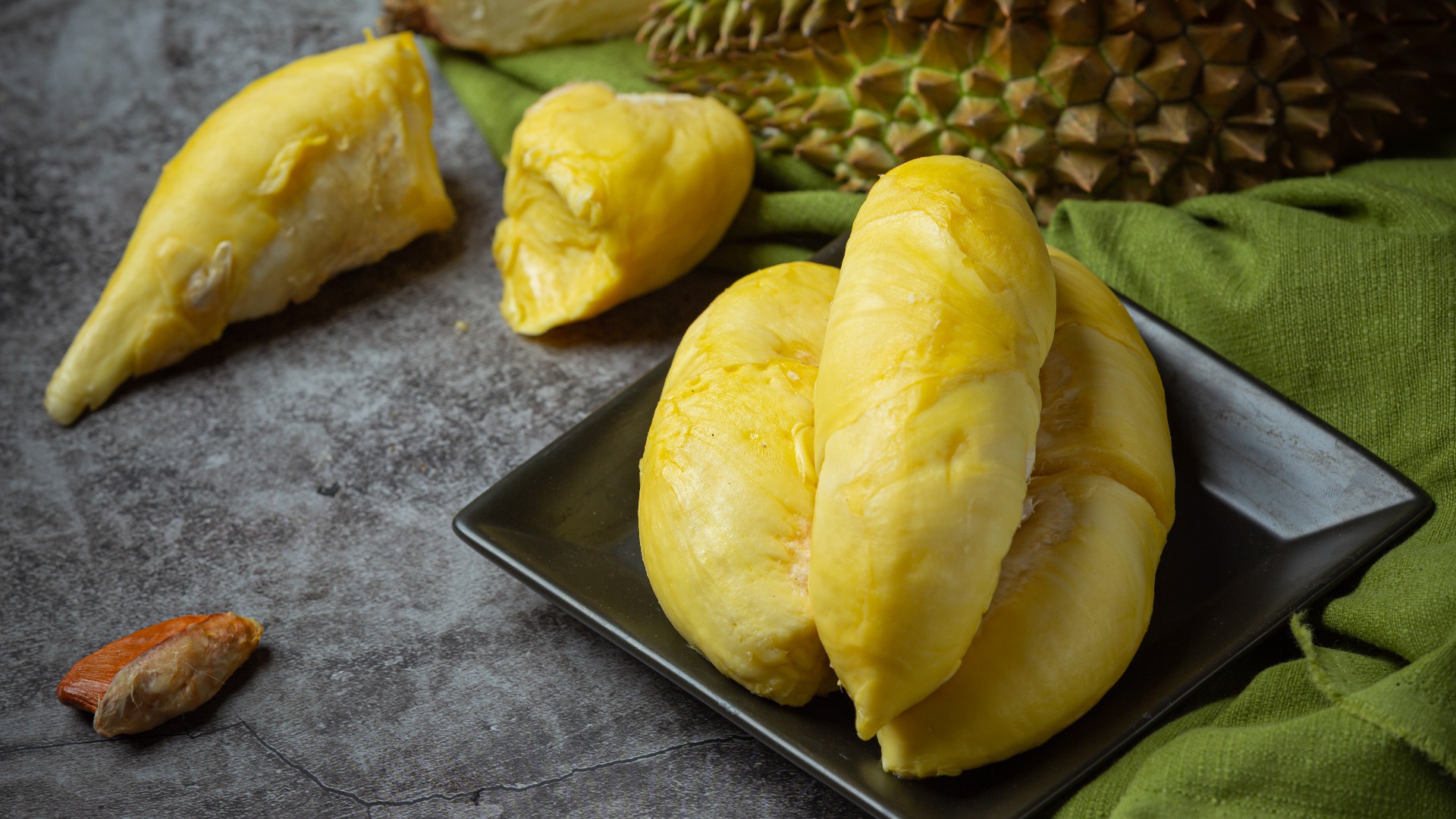
Diversion of Turkish Airliens Airbus A330 Caused by Durian Fruit Smell

After a pungent odor and a cargo alarm were activated onboard a Turkish Airlines Airbus A330-200, it was forced to return to Barcelona.
It was flying from Istanbul to Barcelona on March 5, 2005. After inspection, it was discovered that the 'hazard" aboard was a southeast Asian fruit called durian.
Incident details
Durian's smell is well-known. It can clear up a space and cause discomfort for anyone who comes within its reach. However, it can also trigger sensors that detect dangerous gases.
A Turkish Airlines Airbus A330-200 registered TC-LOH flew from Istanbul to Barcelona on March 5, 2005 as flight TK1855. According to The Aviation Herald the aircraft was flying at FL380 and was located about 300nm northwest Istanbul (in Bulgarian Airspace) when it was decided to turn around.
An A330 crew member reported a "pungent odor" aboard the aircraft. This was followed by a cargo smoke indicator. The crew did not know the exact cause and landed safely at Istanbul's runway 35R. The flight was aborted after it took over two hours from takeoff to landing.
After inspecting the aircraft and the cargo area where the sensor was activated, it was discovered that both anomalies were caused by durian, a fruit well-known for its horrible odor when ripe. Turkish Airlines seems to have re-assigned the flight to the A330 200 registered TC-JIR. The aircraft took off from Istanbul at 20.50 local time and landed in Barcelona at 22.09.
What could trigger a sensor from fruit?
People who have ever smelled durian may not be shocked that it could cause dangerous gasses to be picked up by sensors. In Southeast Asia, there will be "no durian” signs in public transport and hotels.
The American Chemical Society states that you can replicate the durian smell by mixing two compounds. These are named ethyl (2S)-2-methylbutanoate and 1-(ethylsulfanyl)ethane-1-thiol. ThermoFisher Scientific's safety data sheet notes that Ethyl 2-methylbutanoate is considered to be flammable in liquid and vapor forms. Durian ripens with a sulfurous smell. It's not surprising that a sensor could have detected dangerous gases due to sulfur powder being highly flammable.
This fruit is a rare and acquired taste that will be more appreciated by those who have grown up with it. It's a rare commodity, and it is sold at a premium by supermarkets all over the world. Air transportation, which has a shelf life of three to five weeks and allows fruit to travel long distances, is the best option.
Although most airlines won't ban durian onboard, it is likely that they will. However, anyone who tries to enjoy the fruit in an aircraft cabin will be reprimanded by the flight crew.
Source: simpleflying.com








